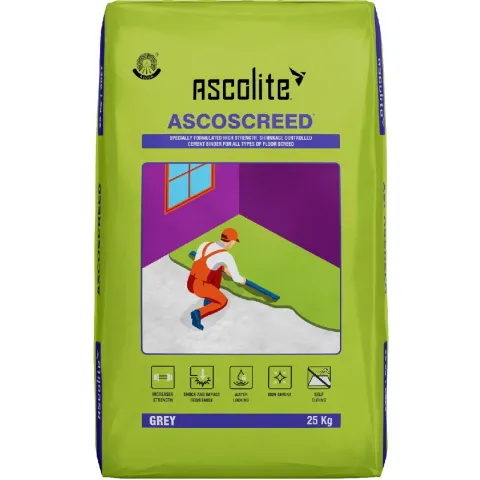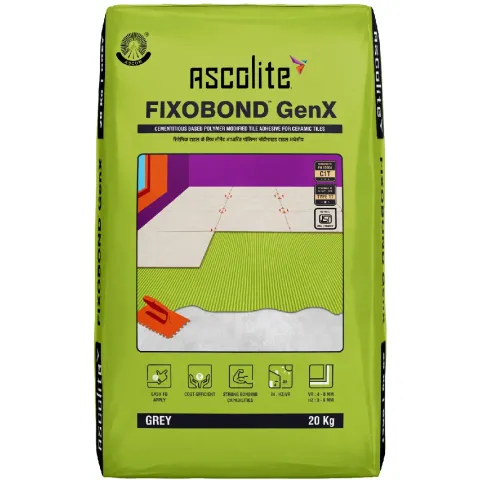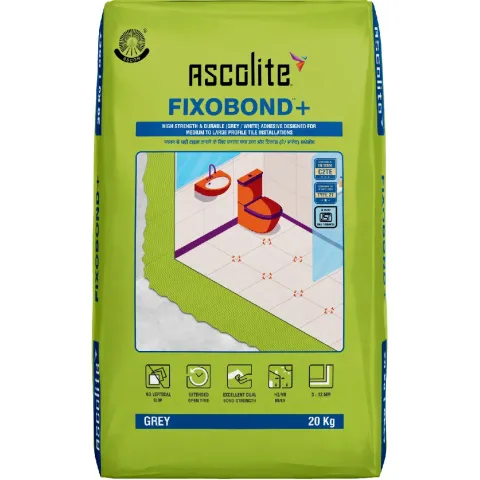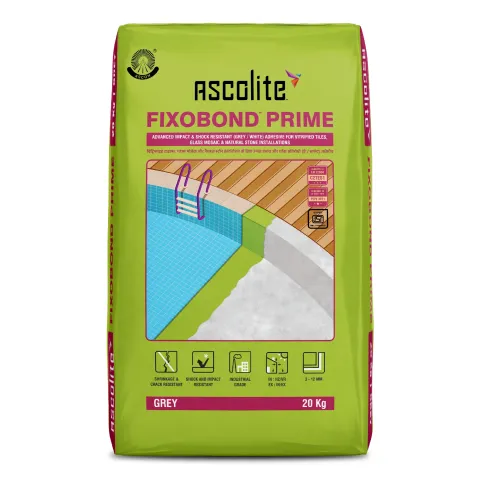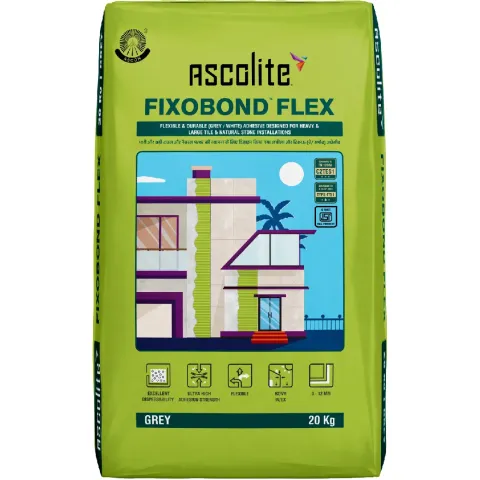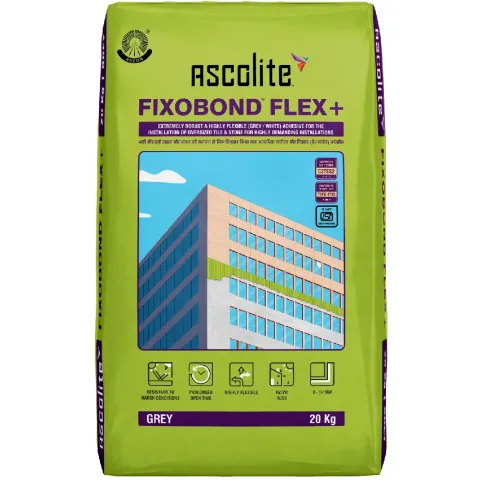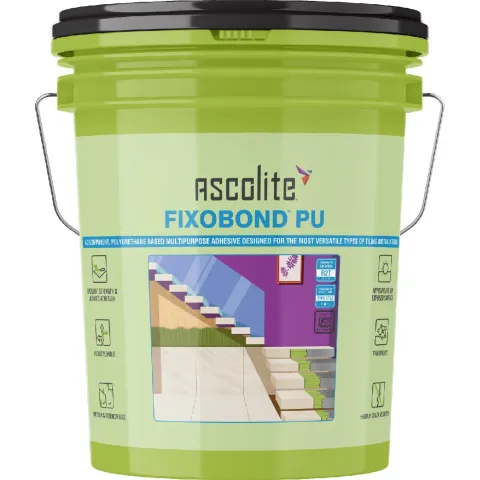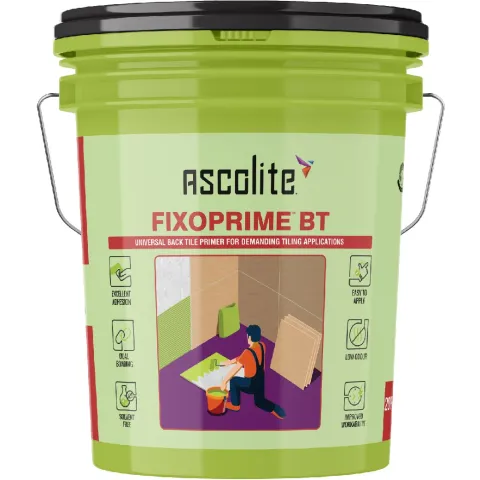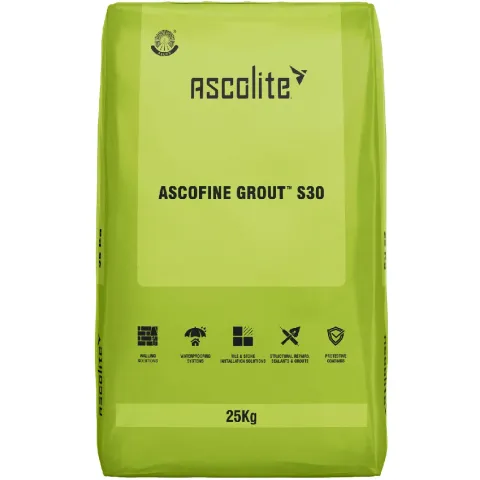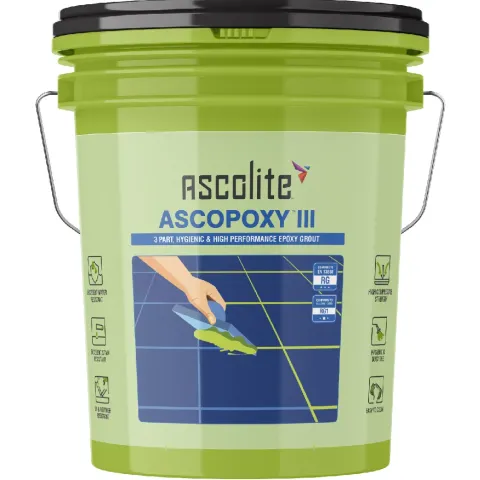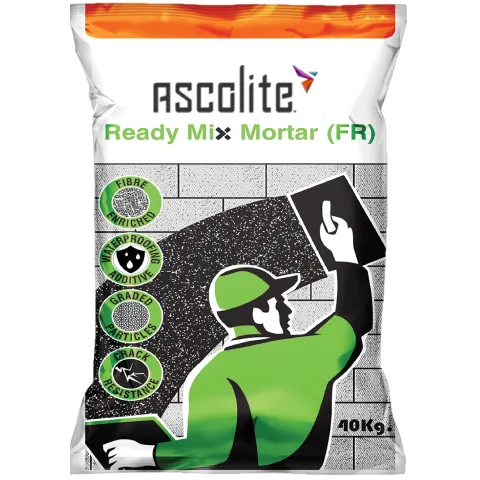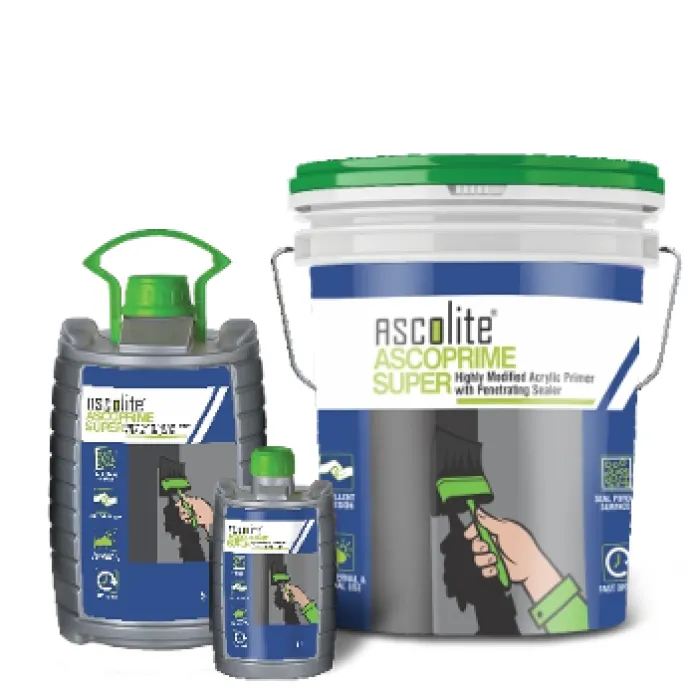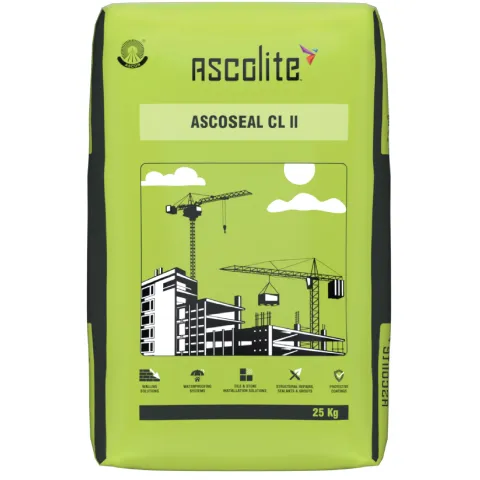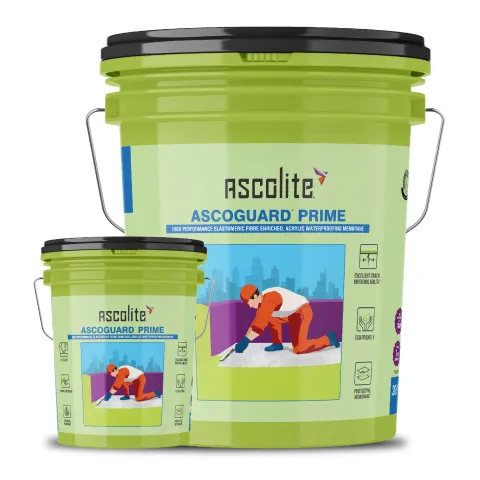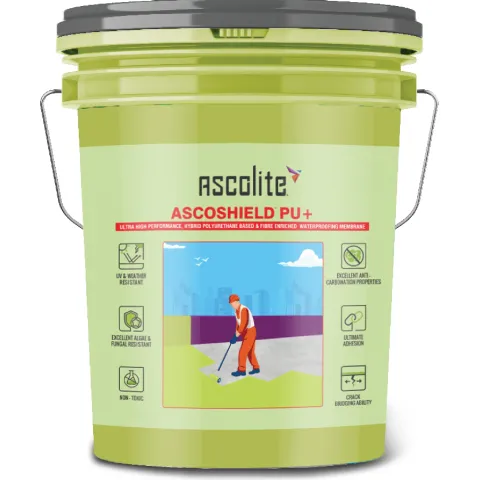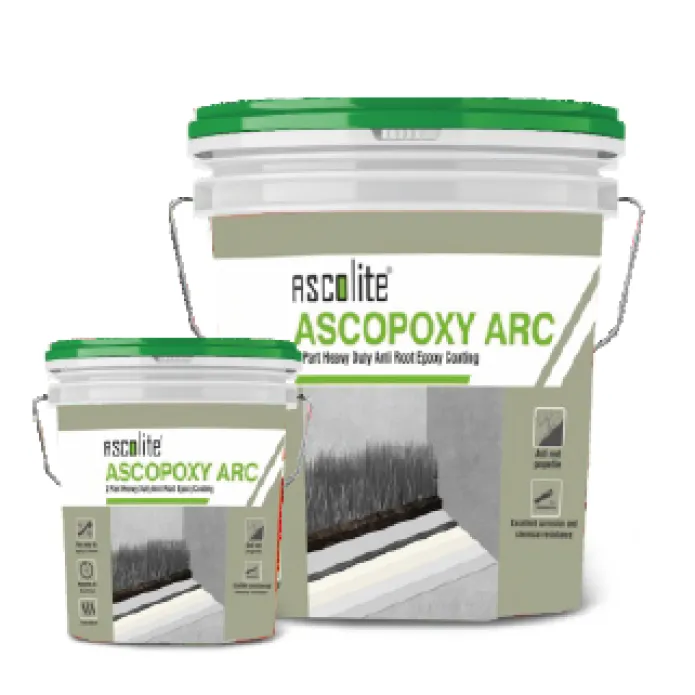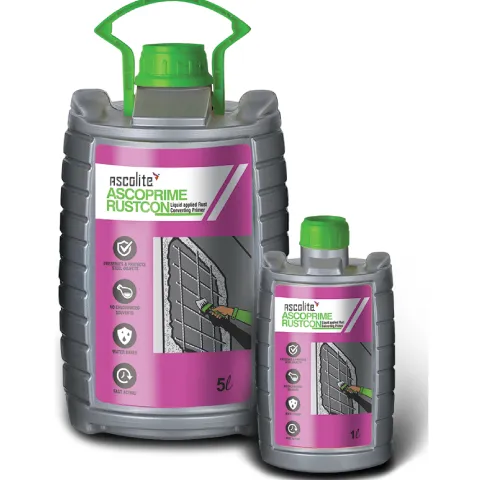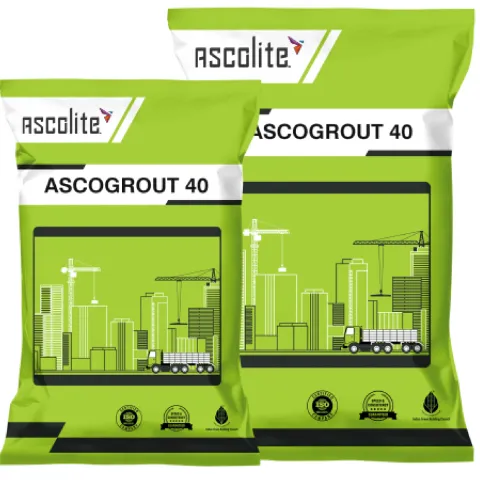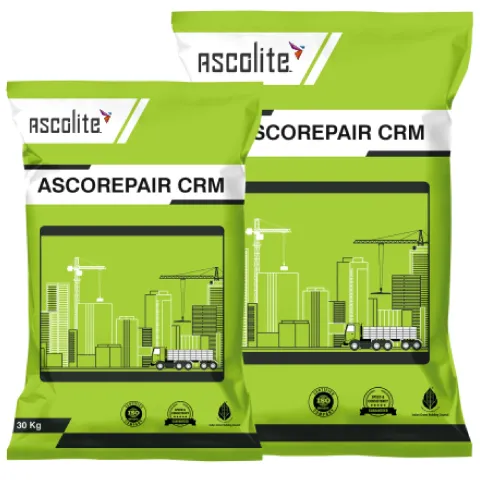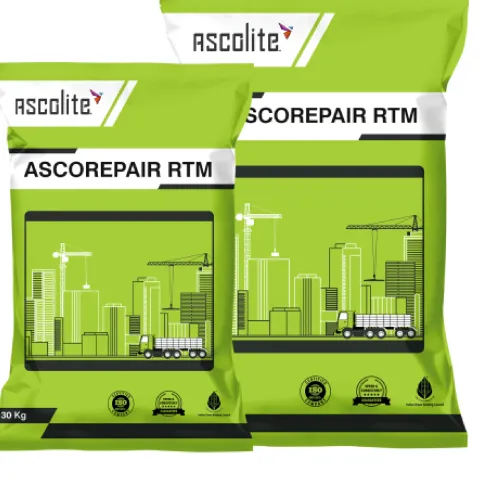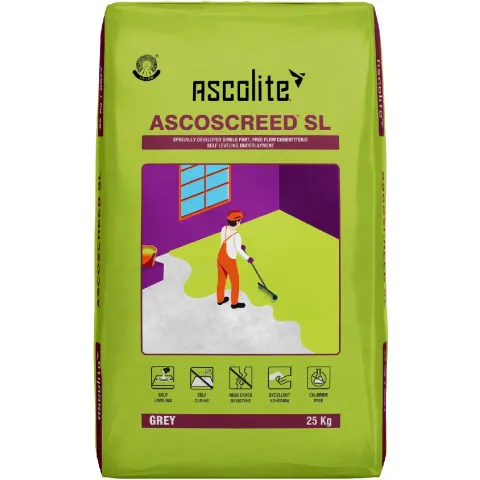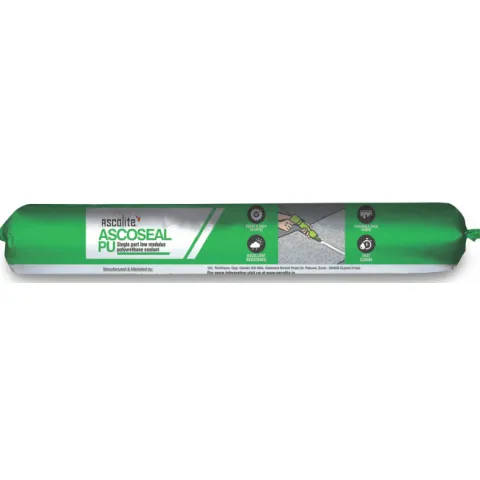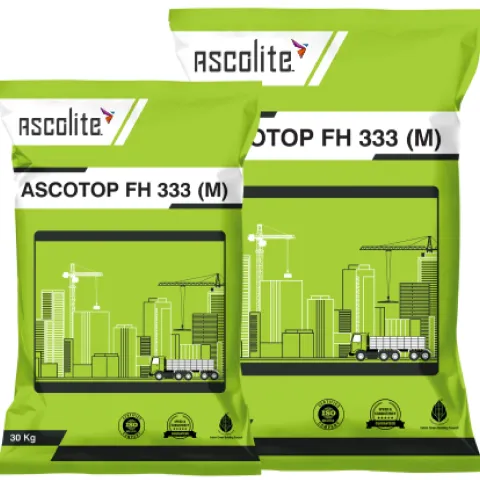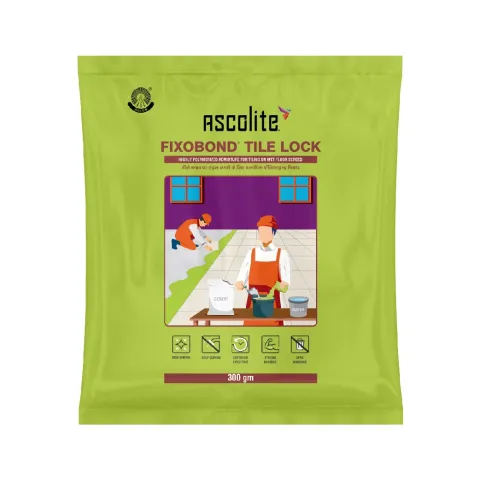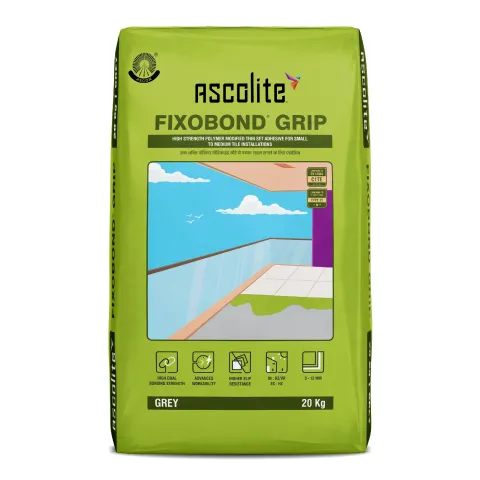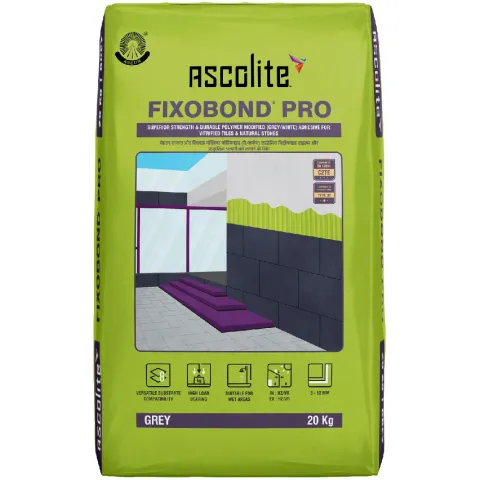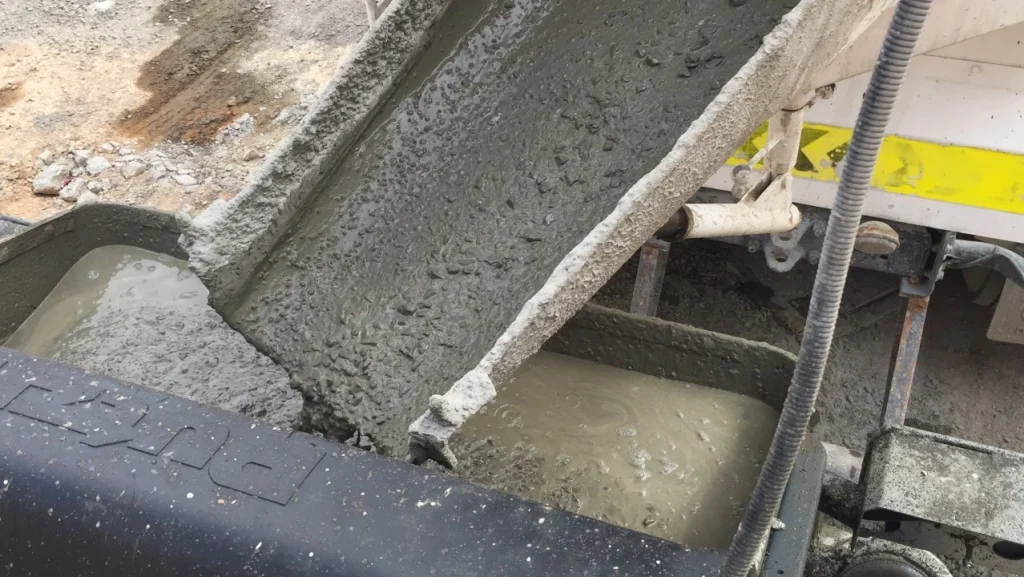
The Impact of Excessive Water on Concrete
June 21, 2024
The presence of excess water in a mortar/concrete mix may facilitate the easy placement of mortar/concrete, but its aftereffect is that it lowers the quality of the overall product. The effects of excess water in concrete include strength reduction, increased permeability, and reduced durability, which can compromise the longevity of structures.
Major Effects of Excess Water in Concrete
The damage to mortar/concrete structures due to excessive water is very common and the aftermaths due to this are:
Strength Reduction: Compressive strength is the major property of hardened mortar/concrete, and the surplus quantity of water reduces the compressive strength of mortar/concrete. The excess water will not participate in the hydration process and retains in mortar/concrete even after hardening. This water will evaporate when exposed to the atmosphere and form voids in the mortar/concrete. These voids formed are therefore responsible for the reduction of compressive strength of mortar/concrete.
Drying shrinkage: An increase in the water-cement ratio increases the drying shrinkage and mortar/concrete becomes weaker in tensile strength and as a result, cracks will form on the mortar/concrete surface.
Loss of abrasive resistance: Abrasive resistance of mortar/concrete is directly proportional to its strength. When excessive water increases, the strength of the mortar/concrete decreases and therefore, the abrasive resistance also reduces.
Increase in permeability: The mortar/concrete becomes porous after the evaporation of excess water in hardened mortar/concrete. The voids formed will absorb water and make the concrete structure permeable.
Dusting and scaling: The excess water in mortar/concrete mix brings the fine aggregate to the top, as a result, after hardening- a fine loose powder will settle on the top of the mortar/concrete surface. This process is called dusting.
Reduced durability: The above-explained effects finally lead to a reduction in the durability of mortar/concrete. Hence, to make durable mortar/concrete, water-cement ratio must be selected properly.
At Ascolite, we urge you to use the standard methods while preparing your concrete mix. This is more important for Builders, building owners and civil building contractors to ensure that proper technical methods and standards are followed. Ascolite experts offer you a variety of solutions to help you in your building construction needs.
